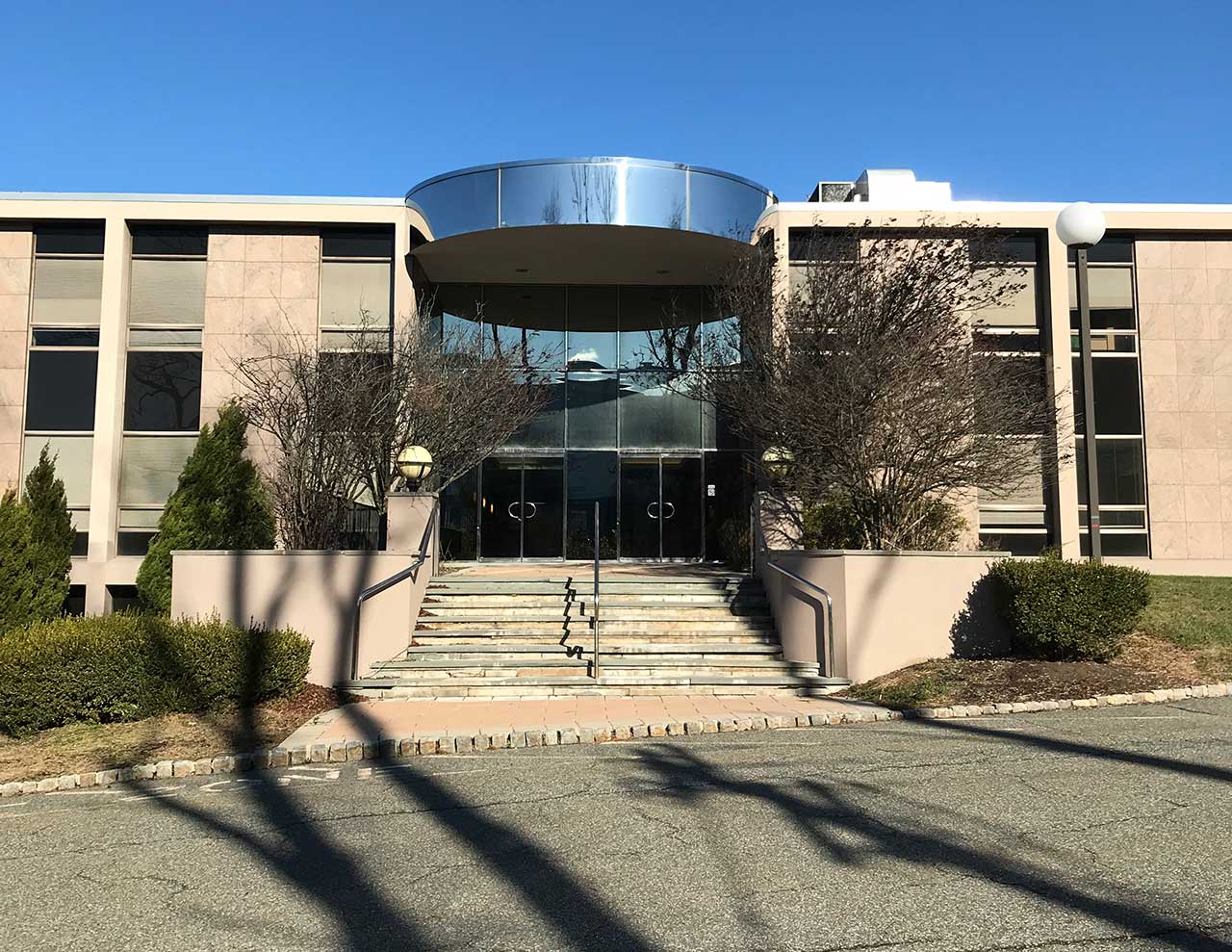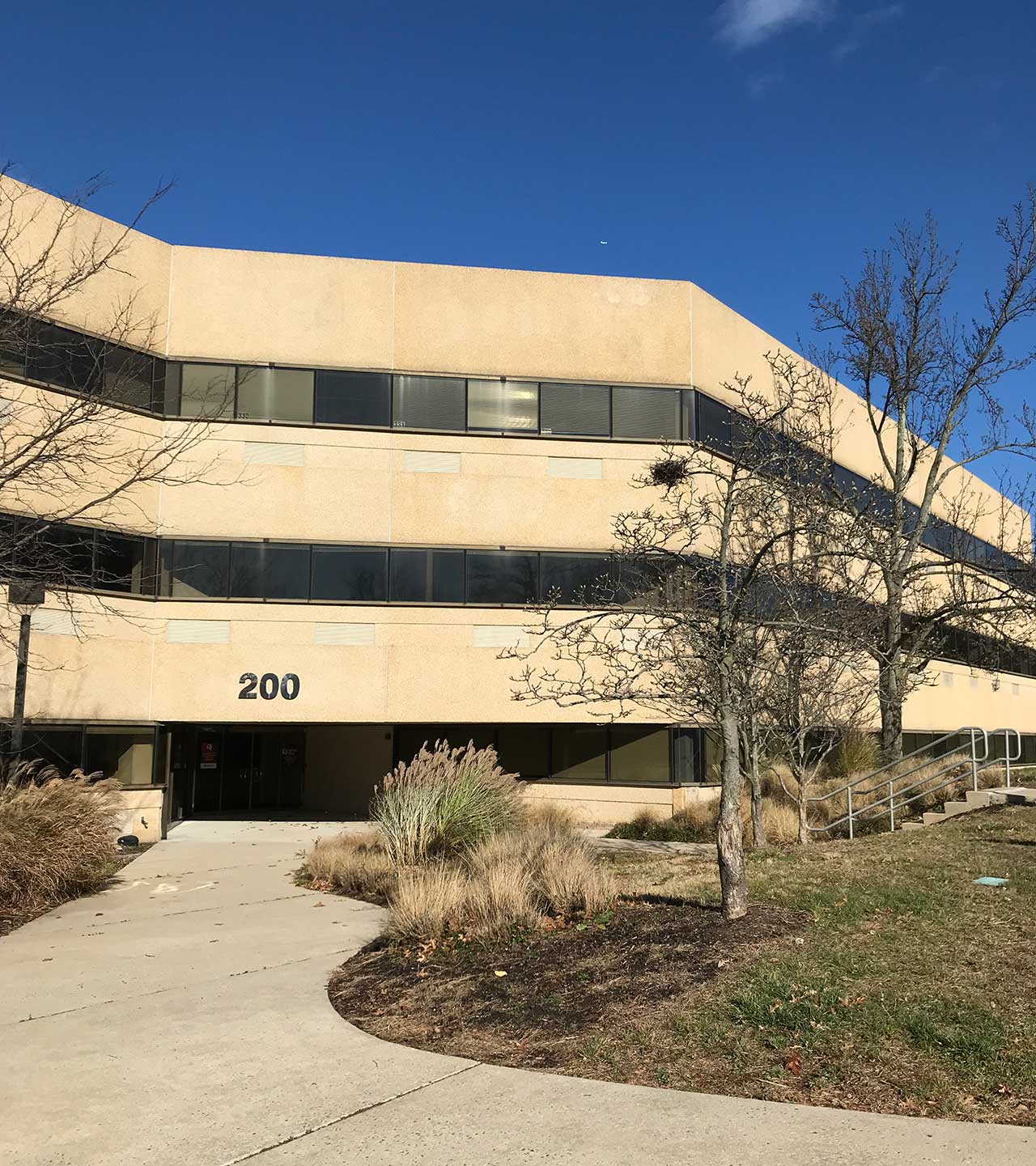
West Orange residents are vowing yet another round of lawsuits in an ongoing legal battle involving a controversial office park and a multimillion-dollar tax abatement.
Breaking with a long-standing tradition to let the public cross-exam an expert hired by the township, the planning board voted unanimously to designate the Executive Drive Office Park an “area in need of redevelopment,” which makes it eligible for a tax abatement.
Earlier this year, this same office park was at the center of a lawsuit over a town council resolution to avail the owner of a 30-year, $100 million tax abatement to redevelop the property. The resolution, however, was struck down by an appellate court in September.
Only 11 days later, the township passed a new resolution to have the planning board review the matter again as a different means to the same end. This time, the township hired planning consultant Susan Gruel, a partner at Red Bank-based firm Heyer, Gruel and Associates to provide expert testimony.

Gruel testified that three buildings in the complex — 100 Executive Drive, 200 Executive Drive, and 10 Rooney Circle — met the criteria for redevelopment because they were “substantially vacant,” “obsolete,” and ”detrimental to the public welfare.”
“The seventies and eighties office parks are poster children of distressed and stranded assets,” Gruel said.
Residents, however, criticized Gruel’s findings as misleading because they allege the landlord had “manufactured” those vacancies for the sheer purpose of becoming eligible for a taxpayer bailout.
One resident testified that he had been told in 2016 that the owner was no longer leasing office space.
“We were told on three separate occasions that the property owner was not leasing to new tenants,” the resident said. “One of the brokers used a term I was not familiar with. He said the owner was ‘warehousing the units.’”
Several residents, including Joe Krakoviak, a town council member, alleged that the developer deliberately neglected the property.
“He has made only minimal improvements in the property,” said Krakoviak, who cast the lone dissent in the township resolution that granted the initial tax abatement.
Residents were surprised that following Gruel’s presentation to the review board, they were barred from questioning her — a marked departure from the past. Isobel Chou, a lawyer retained by the township, cited the New Jersey Supreme Court case Lyons v. City of Camden as justification.
“The statute does not require that the public be provided an opportunity for cross-examination,” Chou said, adding the decision was “completely at discretion of the planning board.”
Ron Weston, planning board chair, was later given an opportunity to address why he had chosen not to allow cross-examination. “I’ve determined that it’s not beneficial to the board to make our determination,” Weston said.
The refusal was alarming to those present, because the last time the public was allowed to question experts about this property, “legal wrongdoing was uncovered,” according to Micaela Bennett, a township resident.
“It begs the question, why?” Bennett said. “Why for this meeting do you depart from a long history of permitting the public to query an expert?”
Bennett, who attended the appellate court hearing in March, called the review a “second bite at an apple that was discarded by the appellate court.”
The planning board’s break with tradition didn’t prevent them from cross-examining the expert witness, Michael Pessolano, who was called by Kevin Malanga, the lawyer who successfully argued the case in March before the appellate court.
Several board members noted a lack of cars in the parking lot as evidence of “substantial vacancy,” which is one way a property can qualify for redevelopment status.
Pessolano, a 40-year planning consultant to several nearby municipalities, answered that it’s not a “fair analysis” because the management had not maintained the property well enough to “successfully market that office building,” he said. “It’s not warranting the local redevelopment and housing law because of intentional neglect.”
“Perhaps I’m old fashioned but I always thought these government processes were meant to be a search for the truth,” Malanga said, noting that not permitting cross-examination of a witness was an “active attempt to suppress the truth.”
“But it seems in West Orange we’ve lost our way,” Malanga said.
Related:
- 70-Unit ‘West Village’ Complex Planned Opposite West Orange’s Turtle Back Zoo
- Town Center Style Redesign Planned For West Orange’s Essex Green
- New 173-Unit Development with Dog Run and Retail Space Proposed for Orange


